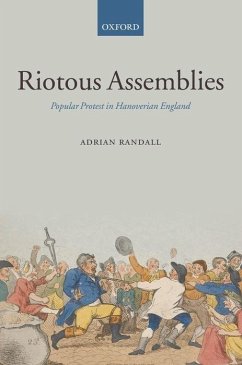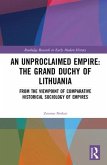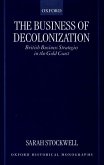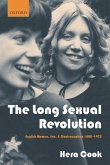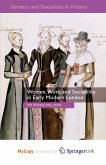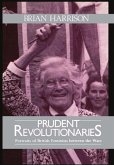Examines eighteenth- and early nineteenth-century England through the lens of popular disorder. This book pays particular attention to disturbances in the years between 1795 and 1812, examining how far they indicated the discontinuities discerned by earlier histories of protest, or whether they retained much of the character of earlier upheaval.
Riotous Assemblies examines eighteenth- and early nineteenth-century England through the lens of popular disorder. Adrian Randall shows how conflicts and tensions in 'high' politics contributed to a potent national sense of freedom and right, giving ordinary people the confidence to respond vigorously to any threat to their customary liberties. He demonstrates how the rulers of eighteenth-century England were forced to manage disorder through a mixture of judicious theatre and periodic repression, and how economic and social transformation led to fundamental changes in the nature of popular protest.
Hinweis: Dieser Artikel kann nur an eine deutsche Lieferadresse ausgeliefert werden.
Riotous Assemblies examines eighteenth- and early nineteenth-century England through the lens of popular disorder. Adrian Randall shows how conflicts and tensions in 'high' politics contributed to a potent national sense of freedom and right, giving ordinary people the confidence to respond vigorously to any threat to their customary liberties. He demonstrates how the rulers of eighteenth-century England were forced to manage disorder through a mixture of judicious theatre and periodic repression, and how economic and social transformation led to fundamental changes in the nature of popular protest.
Hinweis: Dieser Artikel kann nur an eine deutsche Lieferadresse ausgeliefert werden.

